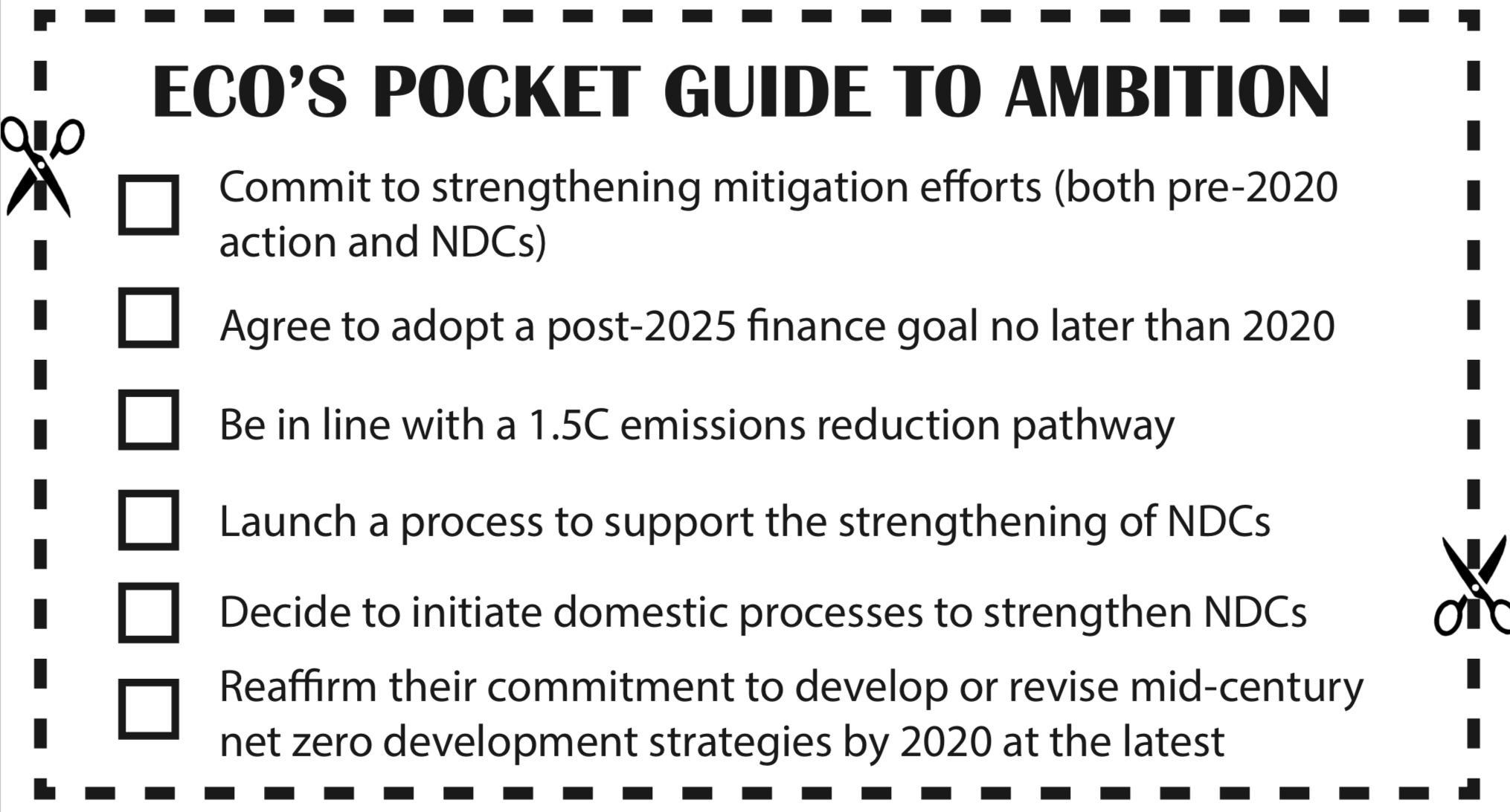Voices From the Front Lines
Hajji Mohamed used to make a living as a rice farmer on the fertile soil of Bhola Island in Southern Bangladesh. He’d saved enough in the 1980s to get to Mecca for the pilgrimage and looked forward to providing for his family in the years to come. But disaster struck in May 1997 when Mohamed and his family were caught in a devastating cyclone. They survived but their home and farm had been swept away.
For Mohamed, cyclones had become part of his life, and he was able to rebuild and start over. But from 2000 onwards, high tides and cyclones became more frequent around the island. Nearly every year, Mohamed’s family was forced to relocate as the soil became too salty for growing his crops. Floodwater rushing down from the distant glaciers melting in the Himalayas posed yet another peril. Great swathes of land fell into the river and time and time again Mohamed was forced to move inland. When I met him early last year he was destitute. His community uprooted, his family dispersed to the slums of Dhaka and Chittagong with their own troubles, Mohamed was alone and begging for food from people hardly better off than himself.
... Read more ...


